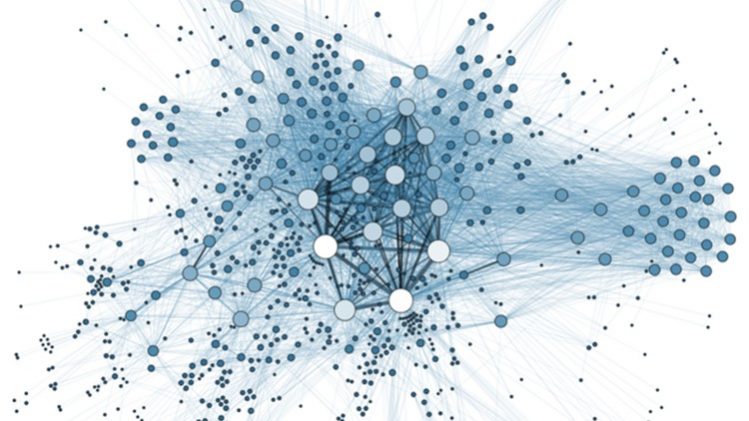
Fundamentals Graph AI using Internet of Behaviors
Basics and implementation of Graph Neural Networks
How to a create a Graph Neural Network, its training, optimization and testing
AI Graph feature learning and prediction using FastGCN, gated and mixed grain architectures.
How to derive an AI sub- graph from Graph Neural Networks
How create a Graph AI model?
Graph AI carries immense potential for us to explore, connect the dots and build intelligent applications using the Internet of Behaviors (IoB). Many Graph Neural Networks achieved state-of-the-art results on both node and graph classification tasks. However, despite GNNs revolutionizing graph representation learning, there is limited understanding of their area to the students. The purpose of this course is to unfold the basics to the cutting-edge concepts and technologies in this realm.
Graphs are all around us; real-world objects are often defined in terms of their connections to other things. A set of objects, and the connections between them, are naturally expressed as a Graph Neural Network (GCN). Recent developments have increased their capabilities and expressive power. They have profound applications in the realm of AI, fake news detection, traffic prediction to recommendation systems.
This course explores and explains modern AI graph neural networks. In this course, we look at what kind of data is most naturally phrased as a graph, and some common examples. Then we explore what makes graphs different from other types of data, and some of the specialized choices we have to make when using graphs. We then build a modern GNN, walking through each of the parts of the model and gradually to state-of-the-art AI GNN models. Finally, we provide a GNN playground where you can play around with a real-world task and dataset to build a stronger intuition of how each component of an AI GNN model contributes to the predictions it makes.
The topics of this course include:
1. Introduction to Graph Machine Learning.
2. Internet of Behaviors.
3. Homographic Intelligence.
4. Graphs Basics and Eigen Centrality.
4. Graph Neural Networks.
5. Graph Attention Networks.
6. Building a Graph Neural Network
7. GNNs Predictors by Pooling Information.
8. Graph AI and its code implementations in Python.
9. Multi- Graphs and Hyper- Graphs in AI using IoB.
10. Design Space for a GNNs.
11. Inductive Biases in GNNs.
12. Pytorch Geometric Implementations.
13. Node2Vec Feature Learning.
14. FAST GCNs.
15. Gated Graph RNNs.
16. Graph LSTMs
17. Mixed Grain Aggregators.
18. Multimodal Graph AI.
19. 100+ Resources on Graph Neural Networks






